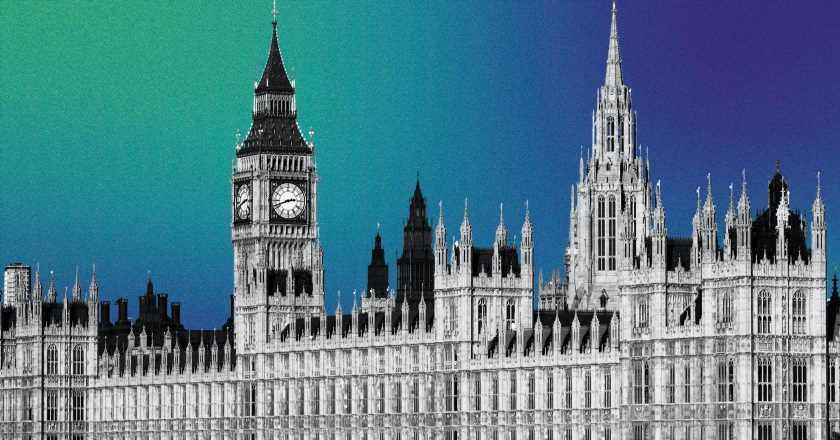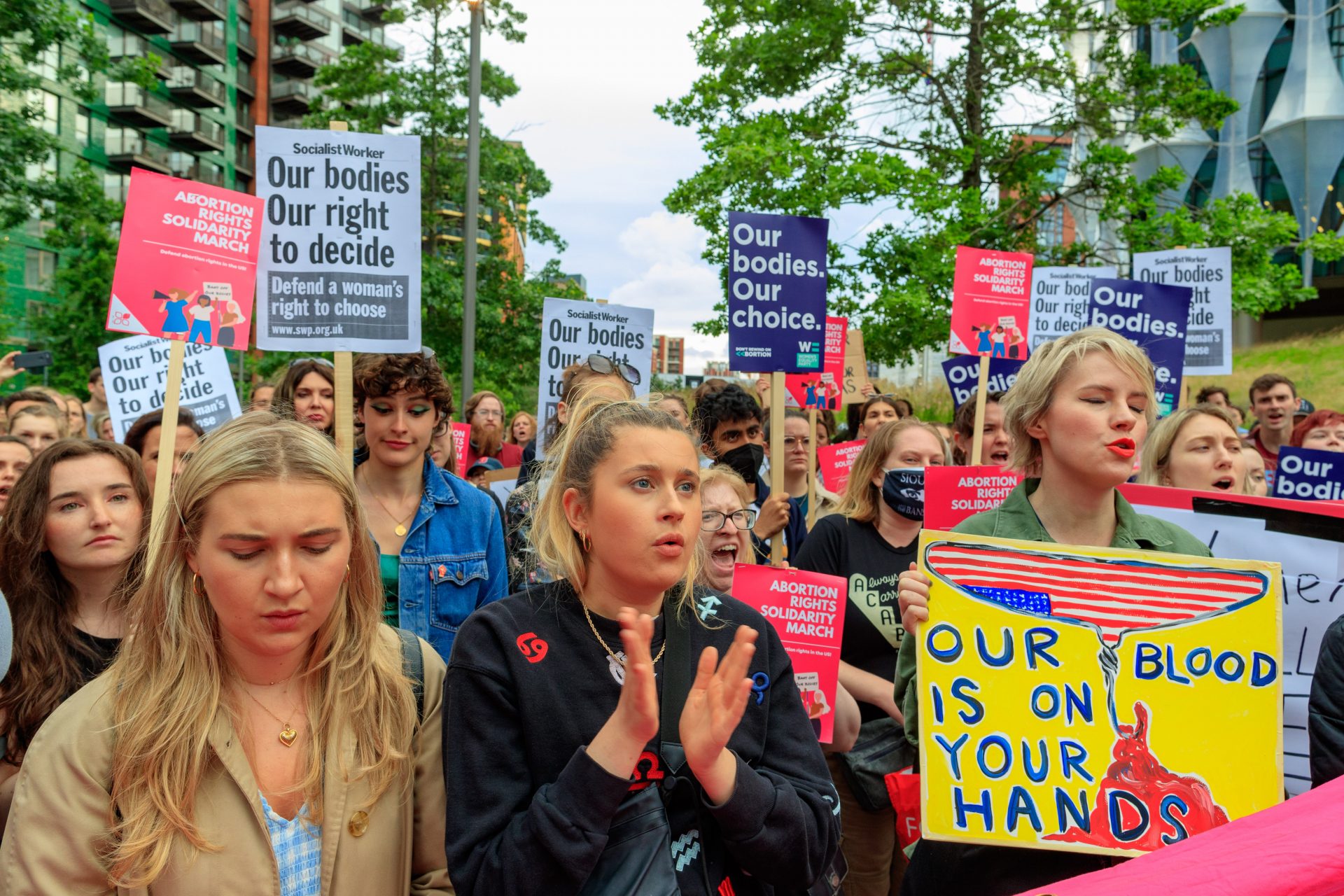Written by Amy Beecham
Deputy prime minister Dominic Raab argued that UK abortion rights are “settled” – but are they really?
Following the repeal of Roe v Wade, which protected the right to abortion in the US, Dominic Raab has ruled out backing an amendment to his proposed British Bill of Rights to establish access to abortion as a human right.
Stella Creasy, the Labour MP for Walthamstow, first proposed tabling an amendment to the bill as a result of growing concern about abortion access across the world.
Speaking in a parliamentary debate on the US Supreme Court’s ruling on Tuesday, Creasy said: “Roe v Wade gave American women a constitutional right to have an abortion. Currently here in the UK, only women in Northern Ireland have their constitutional right to an abortion protected as a human right.”
“Bringing in a human rights framework would inevitably progress the argument that healthcare is not a criminal matter,” she added.
The British Bill of Rights, which is set to distance UK courts from the European Court of Human Rights, is currently in its second reading in the House of Commons.
However, the deputy prime minister argued the legality of abortion in the UK is “settled”, and that the amendment could lead to abortion being litigated in the courts.
“It’s decided by honourable members across this House. It’s an issue of conscience. I don’t think there is a strong case for change,” Raab stated.
Currently, abortions are still deemed a criminal act in England, Scotland and Wales under the 1967 Abortion Act. If any medical professional delivers an abortion outside of the terms of the act, they risk facing criminal punishment.
In March, MPs voted to make at-home abortion permanent for women in England, increasing the number of legal routes under which to access safe abortions.
But despite the amendment ultimately passing, members were divided and it was subject to fierce debate. A total of 72 Conservative MPs voted in support of continued access while 174 opposed the move. 125 Labour MPs supported the measure and four voted against it.
While Boris Johnson may have called the Supreme Court’s decision a “big step backwards”, Creasy stressed in an interview with The Independent that abortion rights in the UK are “more fragile than people realise” and hit out at “all those commentators who say this could never happen in the UK”.
“What the dismantling of Roe v Wade teaches us is we cannot wait for further attacks. Nobody thought the Supreme Court would roll back on a right it had granted,” she said.
Indeed, during the parliamentary debate, Conservative MP Danny Kruger shared his opinion that women shouldn’t have “an absolute right” to bodily autonomy when it comes to pregnancy.
“They think that women have an absolute right of bodily autonomy in this matter, whereas I think in the case of abortion, that right is qualified by the fact that another body is involved,” he told the house.
Following the debate, Creasy took to Twitter to express her frustration, asking: “Why is the Bill of Rights good enough to protect your freedom of speech but not your womb from being interfered with?”
The bill of rights, which has already been criticised as “nationalistic and xenophobic”, is set to also include rulings on the deportation of foreign criminals, the freedom of the press and make European human rights not binding on UK courts.
Images: Getty
Source: Read Full Article

